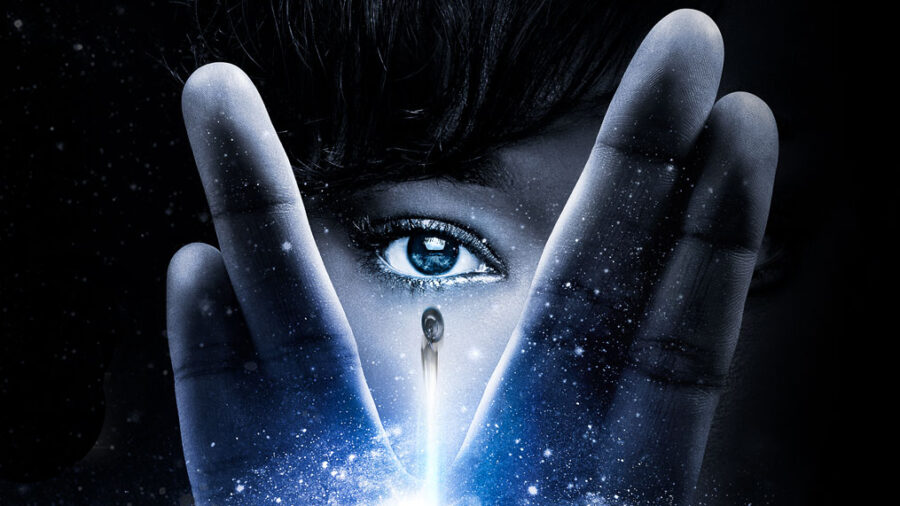
Ask 100 people for the definition of science fiction, and you’ll get 100 different answers, all of which can be perfectly valid. From the moment Mary Shelley got bored at Lord Byron’s party and created Frankenstein, the genre was used to find new ways to talk about the problems of the day while, at the same time, it was utilized to imagine the world of tomorrow. More than any other genre, science fiction represents the state of the world today, which is why different periods reflect hope and optimism, and others, like today, tend to imagine all the ways we’ll destroy each other.
Modern science fiction, television, and movies have leaned too heavily into the angst and despair of modern society while forgetting that when done right, the genre can act as a guiding light for our future. It’s possible to both reflect today’s socio-political climate while having some fun at the same time.
Show Us What Life Could Be
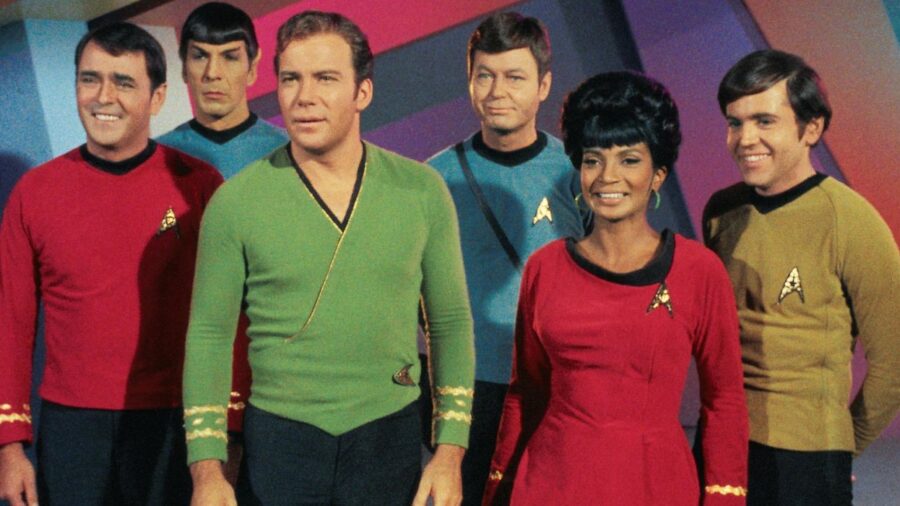
Science fiction was first coined in the 1950s, but Isaac Asimov best described it in his 1975 essay, “How Easy to See the Future,” with his quote: “Science fiction can be defined as that branch of literature which deals with the reaction of human beings to changes in science and technology.” For example, the atomic bombs dropping on Japan led to the creation of Godzilla, while the economic boom of the 80s inspired the cyberpunk sub-genre.
But the greatest reaction to changes in society and technology came from Gene Roddenberry and, surprisingly, bankrolled by Lucille Ball, with the launch of Star Trek: The Original Series. For all of his faults, Roddenberry’s utopian vision of the future was what the world needed during the turbulent 60s; even if television ratings didn’t reflect it, the ideas and themes of this new series seeped into the public consciousness and slowly but surely, helped make us all better people.
We Don’t Need More Shows About The Class Struggle
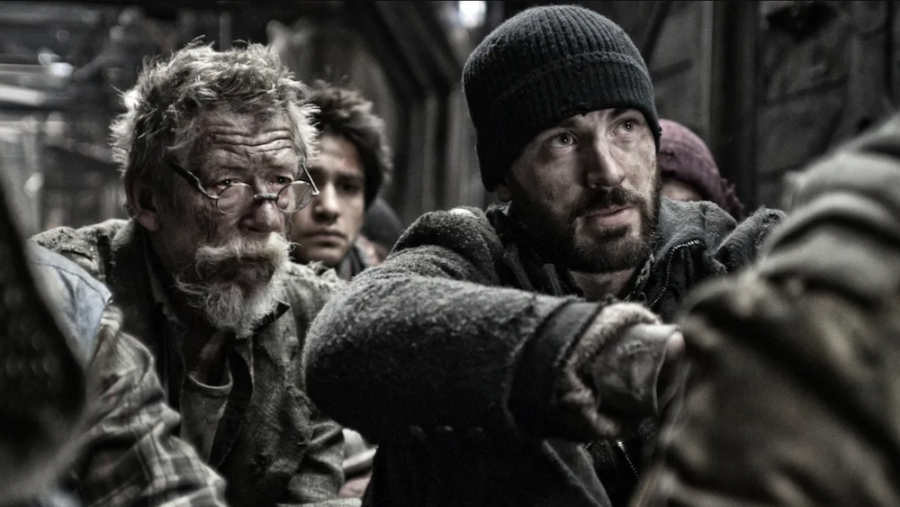
The adventures of the Starship Enterprise inspired a generation, just as Star Wars did a decade later, and even before those two titans of science fiction, Buck Rodgers In The 25th Century was a staple of radio and film serials. That’s not to say any of these franchises had a dark edge to them; they most definitely did, but they were presented as grand adventures throughout the galaxy. None of the hope and optimism that started the science fiction boom in America can be found in today’s film and television.
Modern Star Wars comes close, but it’s drowned out by projects like Snowpiercer, Annihilation, Interstellar, 3 Body Problem, The Expanse, Silo, and many more.
Lost Destroyed Science Fiction On Television

That’s not even counting what happened to science fiction on network television after Lost made the mystery box format so popular, as those are more focused on keeping viewers hooked like addicts for the next hit than they are on reflecting modern society. Though not to get all old man yells at Cloud, that does sound like the influence of social media sapping our brains.
This is why today, perhaps more than ever, we need science fiction to stop reflecting on what we already know about our attention-starved, narcissistic tendencies and instead show us what we can do better.
Science Fiction Must Defy Gravity
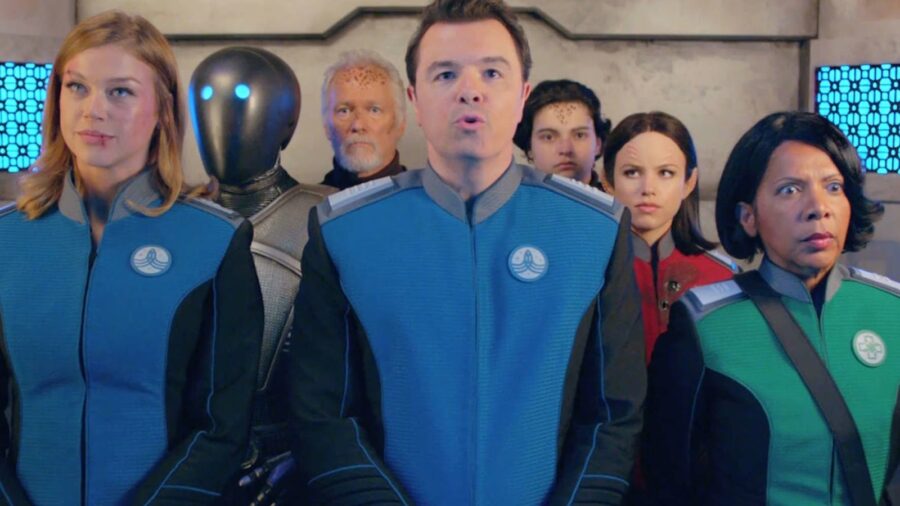
Amazingly, Seth MacFarlane’s series The Orville comes closest, and that’s mostly because he’s living out the dream of everyone who grew up watching Star Trek. The Martian with Matt Damon is another great example of people coming together to solve a problem that shows the power of science.
We don’t need another series about the ethics of artificial intelligence (The Creator) or surviving the apocalypse (Silo); we need another hero. There’s more than enough doom and gloom in our lives today thanks to social media, so something has to cut through that noise, and of course, that’s easier said than done.
Science fiction media throughout history has had to break the gravity of societal expectations before it becomes great; that’s part of why classics become classics. They go against modern society.
What Once Was Good Is Now Evil Is A Played Out Message
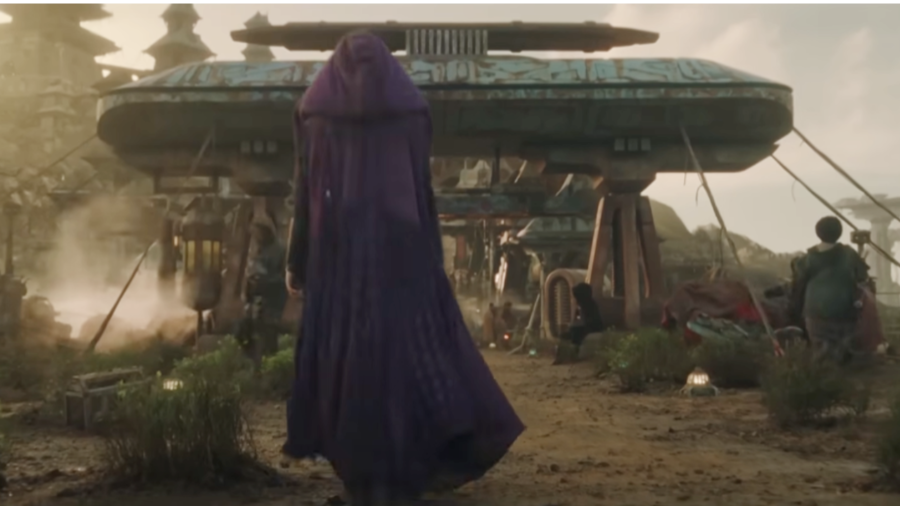
Star Wars: The Acolyte, which will allegedly show the Jedi as the villains, would, at one point, have been running against modern society, except that these days, established religions, institutions, businesses, and even government are all already painted as the villains (and often, for good reason.) Today, a series that shows the good guys as good guys and bad guys as bad guys (or even, hear me out, has nothing to do with a good/evil conflict) would be revolutionary.
Science Fiction Can Give Us Hope
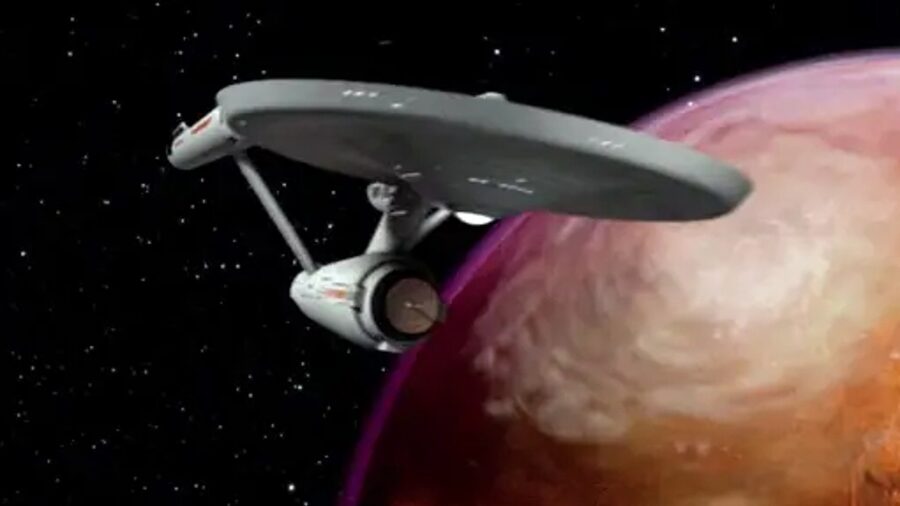
There’s a reason modern science fiction series struggle to keep going or catch on in the first place: They refuse to shoot for the moon and defy gravity. There are no risks, no sense of adventure, and worse, there’s no hope or optimism that someday things will get better. Reflecting on our darkness is all good; one of my favorite shows, Battlestar Galactica, did that exceptionally well, but it’s not enough, and we all deserve more.





